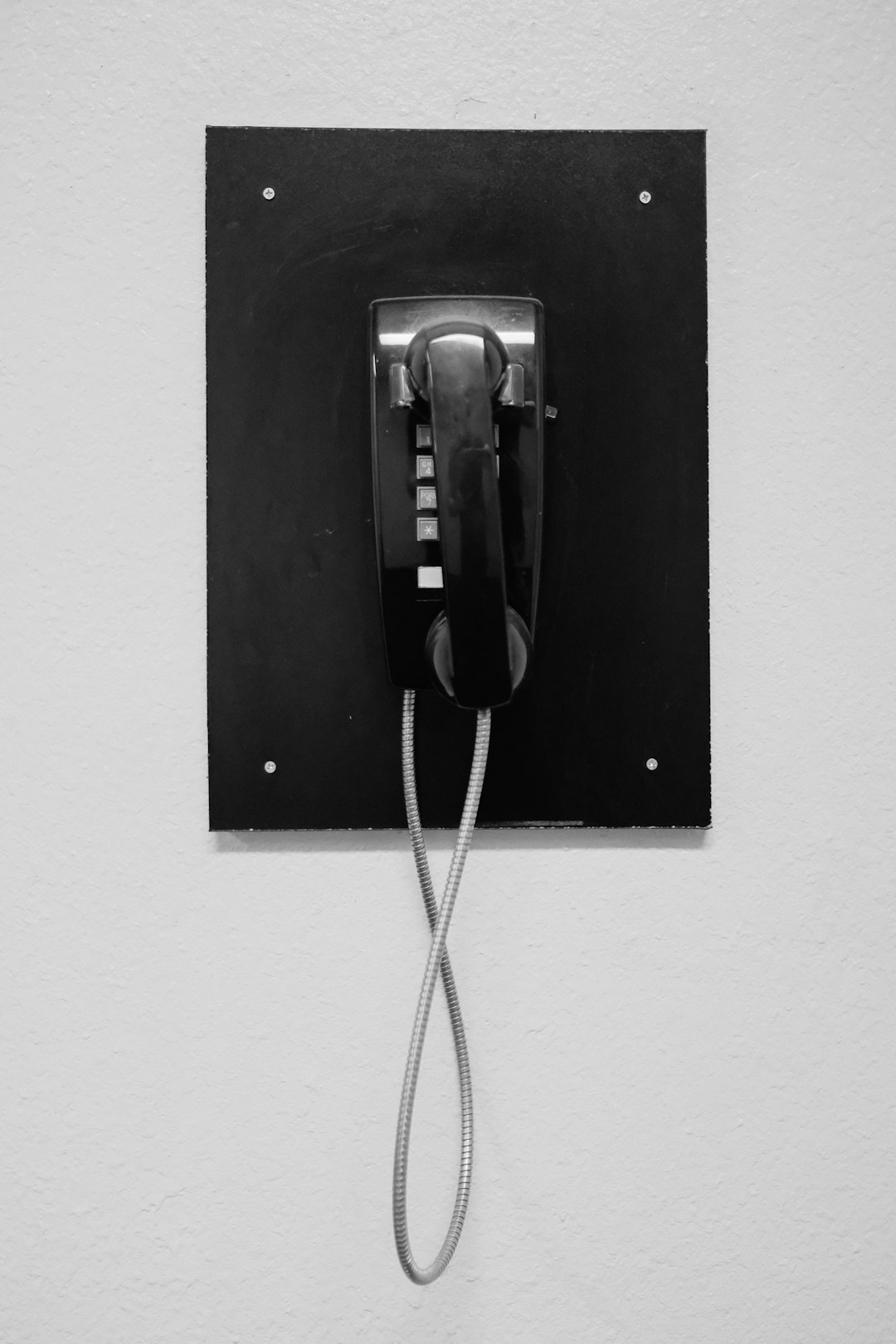New Jersey's strict autodialer laws protect consumers from unwanted marketing calls, with significant fines for non-compliance. Businesses across sectors must adhere to guidelines including do-not-call practices, caller ID displays, and consent requirements. An autodialer law firm in New Jersey helps navigate this complex landscape, offering guidance on opt-out mechanisms, record-keeping, and legal integrity. Staying proactive in compliance prevents lawsuits, fines, and maintains customer trust by ensuring ethical marketing practices.
In the digital age, businesses in New Jersey must navigate complex regulations surrounding autodialers, also known as auto-dialing or robocalls. This article serves as a comprehensive guide for NJ businesses to understand and comply with autodialer laws. We’ll break down key aspects, including who’s affected, best practices, common mistakes, and the role of law firms in ensuring compliance. By following these insights, businesses can avoid legal pitfalls and leverage autodialing effectively while adhering to New Jersey’s strict regulations.
Understanding Autodialer Regulations in New Jersey: An Overview
In New Jersey, the use of autodialers for marketing purposes is regulated by specific laws designed to protect consumers from unsolicited calls and text messages. These regulations are in place to ensure businesses adhere to ethical communication practices while respecting individual privacy rights. The state’s autodialer law firm plays a pivotal role in interpreting and enforcing these rules, providing clarity for businesses operating within New Jersey’s jurisdiction.
Understanding the scope of autodialer compliance is essential for all companies engaging in automated outreach. Businesses must familiarize themselves with the do’s and don’ts, including obtaining proper consent before making automated calls or sending texts, ensuring clear opt-out mechanisms, and respecting consumer preferences. Non-compliance can result in significant fines, negatively impacting a company’s reputation and financial stability. Staying informed about New Jersey’s autodialer regulations is a strategic move for any business looking to maintain compliance and foster positive relationships with its customer base.
Who is Affected by Autodialer Laws? Business Scenarios Explained
In New Jersey, the autodialer law firm regulations impact a wide range of businesses that utilize automated calling systems to reach customers or clients. This includes various sectors such as telemarketing agencies, sales teams within larger corporations, and even small local businesses conducting direct marketing campaigns. The laws are designed to protect consumers from unwanted phone calls and ensure fair practices in the use of autodialers.
Business scenarios affected by these laws involve companies making outbound calls using automated dialers for sales, marketing, or other purposes. For instance, a law firm might employ an autodialer to contact potential clients en masse for initial consultations, while a retail company could use this technology for customer retention campaigns. In all cases, businesses must adhere to the regulations, which dictate do-not-call practices, caller ID requirements, and consent mechanisms, among other aspects, to remain compliant with New Jersey’s autodialer law firm guidelines.
Compliance Best Practices: Ensuring Your Business Stays Within Limits
Staying compliant with the autodialer law in New Jersey is paramount for businesses looking to avoid legal pitfalls and maintain customer trust. The state’s regulations are designed to protect consumers from unsolicited calls, ensuring that companies use automated dialing systems ethically. One of the key compliance best practices is implementing clear opt-out mechanisms on all marketing calls. Businesses should provide a simple way for recipients to stop receiving calls, such as saying “stop” or texting “end.”
Additionally, keeping detailed records of call activities and obtaining prior express consent from recipients before making automated calls are essential. Companies must also ensure their autodialer systems have the proper capabilities to comply with do-not-call requests and honor consumer preferences. Regularly reviewing and updating your compliance procedures can help your New Jersey law firm stay within legal limits, fostering a positive relationship with clients and avoiding potential penalties.
Common Mistakes to Avoid When Using Autodialing Services
Many businesses in New Jersey, especially those relying on autodialing services for marketing or customer outreach, often make mistakes that lead to compliance issues with the autodialer law firm regulations. One of the most common errors is failing to obtain proper consent from recipients before making automated calls. This includes not having a clear and simple opt-out mechanism in place, which can result in numerous lawsuits and significant fines. Businesses should ensure they have a robust system for obtaining and verifying consent, allowing customers to easily stop receiving calls at any time.
Another frequent mistake is the lack of proper training for employees who use autodialing software. Staff members must be educated about the legal requirements and ethical considerations surrounding automated phone calls to avoid accidentally violating privacy laws or causing annoyance to potential customers. Additionally, businesses should regularly audit their autodialing practices to identify and rectify any operational flaws that could attract regulatory attention. Staying proactive in adhering to the autodialer law firm guidelines is crucial for New Jersey businesses to protect themselves from legal repercussions and maintain customer satisfaction.
The Role of Law Firms in Navigating and Enforcing Autodialer Compliance
In New Jersey, as across the nation, law firms play a pivotal role in helping businesses navigate and enforce autodialer compliance. With stringent regulations surrounding automated calling technologies, legal experts are essential to ensure that companies adhere to the law while leveraging these innovative tools effectively. Autodialer law firms in New Jersey offer specialized knowledge of the Telephone Consumer Protection Act (TCPA) and other relevant state laws, guiding businesses through the complex landscape of do-not-call lists, consent requirements, and record-keeping obligations.
These legal professionals assist in crafting compliance strategies tailored to each business’s unique needs, including developing robust internal policies and procedures. They also help in managing potential compliance issues, such as investigating consumer complaints, responding to regulatory inquiries, and representing businesses in court if necessary. By leveraging their expertise, New Jersey businesses can maximize the benefits of autodialers while minimizing the risk of costly legal repercussions.






